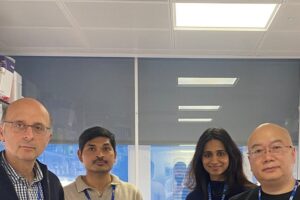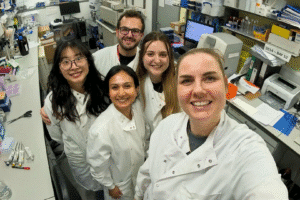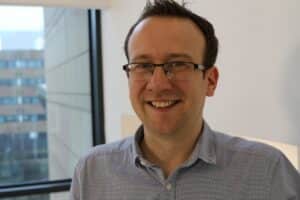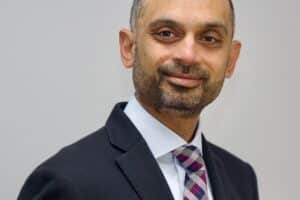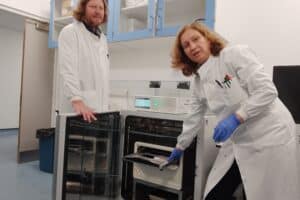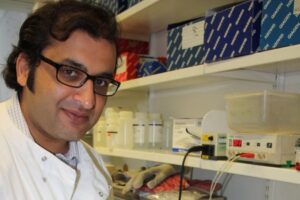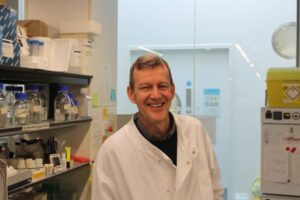Research
Focusing on immunotherapy to target cancer cells without damaging healthy cells
Developing new treatments for childhood cancers can be difficult because we need to find way to deal with cancer cells without damaging healthy cells. The ground-breaking field of immunotherapy is playing an increasingly important part in treatment, and Dr Kathleen’s remarkable work will focus on making antibodies that attach themselves to a protein that helps cancer cells grow.
This clinical studentship will enable Dr Kathleen to make antibodies that recognise and attach themselves to a protein that helps cancers grow. These antibodies will then attract immune cells which go to work on cancer cells.
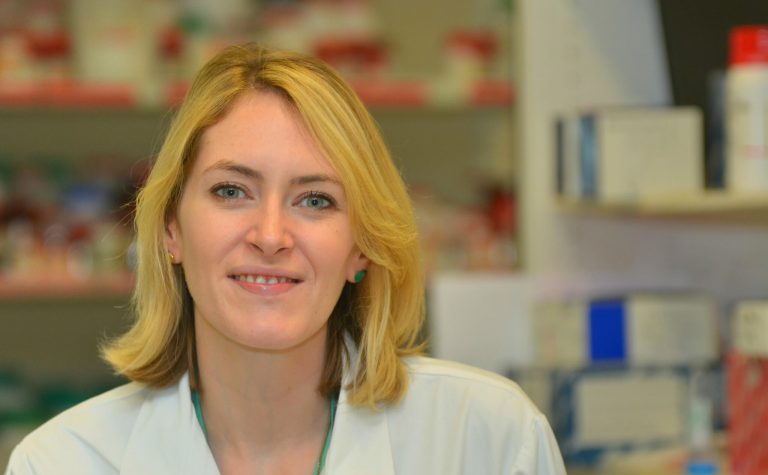
Project Details
- Evaluation of B7H3 as a novel target for immunotherapy in childhood cancer
- Lead Researcher
- Kathleen Birley
- Research Centre
- Institute of Child Health, University College London
- City & Institution Postcode
- London WC1N 1EH
- Start Date
- 17 October 2016
- Project Duration
- 56 months
- Grant Amount
- £323,089
Sam and Ross translate the science
Our Little Translators, Sam and Ross, help to explain Dr Kathleen Birley’s research. Immunotherapy is becoming an increasingly important tool in the treatment of cancer, and some early success has been achieved in certain childhood cancers. It potentially offers increased effectiveness with fewer side effects.
Overview
Immunotherapy is playing an increasingly important role in the treatment of childhood cancers, and this project is focused on a protein called B7H3, which is present in a number of cancers, including neuroblastoma and the brain tumour known as DIPG. B7H3 helps cancer cells grow and multiply, and also reduces the effectiveness of chemotherapy. Dr Kathleen is aiming to make special antibodies, which will recognise and attach themselves to B7H3, which is only present on diseased cells, not on healthy ones. These antibodies will act as a sort of magnet and attract immune cells, which will then go to work on the cancer cells while also improving the body’s own natural defence mechanisms.
What difference will this project make?
The protein known as B7H3 is present on a number of different types of cancer, including neuroblastoma and DIPG. If Dr Kathleen’s work is successful, the infrastructure at UCL’s Institute of Child Health means that the therapy could be rapidly taken forward from the lab towards the point where it can be tested in young people. Another key aim of this grant, and our studentship scheme in general, is the development of Dr Kathleen’s research expertise. Through this grant and the research she is carrying out she will obtain a master’s degree and then a PhD. This will enable her to develop a dual career that combines research and clinical practice so that she can continue to research and develop exciting new treatments for young people living with cancer.
About the Research Team
Dr Kathleen Birley graduated with a medical degree from UCL and has been working as a paediatrician for a number of years. She’s particularly interested in paediatric oncology and in the development of new treatments for young people. Dr Kathleen will work in the lab of Professor John Anderson and Dr Karin Straathof, two of the UK’s leading experts in the development of new immunotherapy techniques for childhood cancer. The Anderson-Straathof team has a superb track record of translation of preclinical data, taking the therapies developed through laboratory research and using them to treat children.
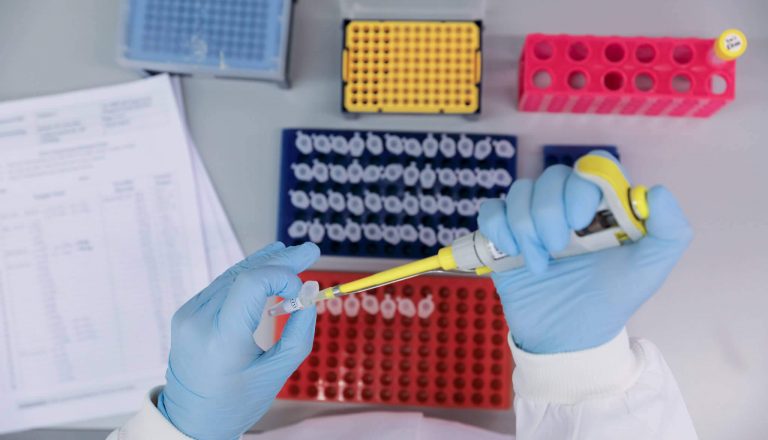
Other stories
We have lots of information to help you learn more about childhood cancer. From specific cancer types, to treatments and causes.
